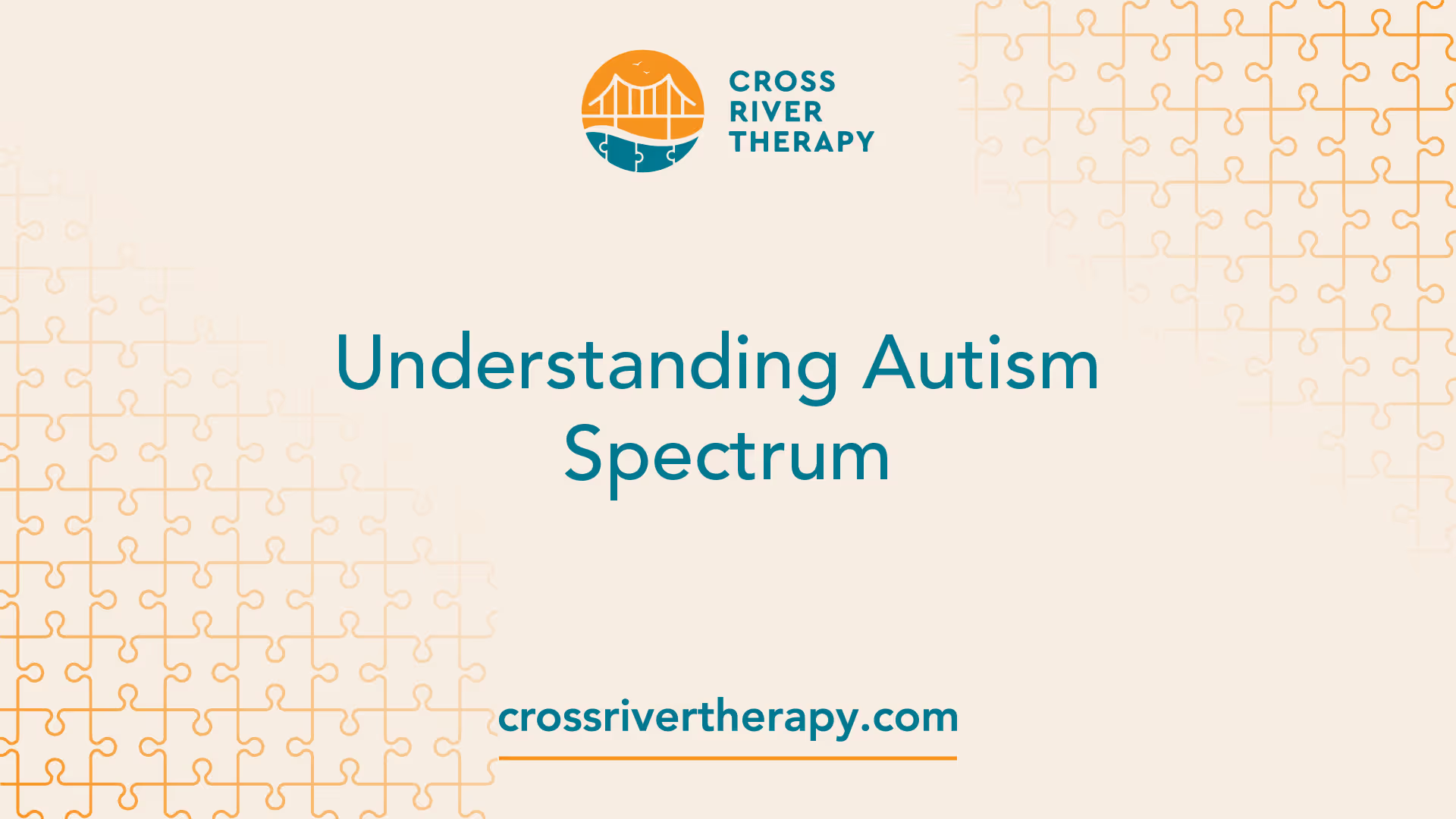Jerry Seinfeld And His Connection To Autism
Discover the controversy and media influence surrounding autism.
Jerry Seinfeld and Autism
Jerry Seinfeld, the renowned comedian, has sparked discussions about his connection to autism. While he initially speculated that he might be on the autism spectrum during a NBC's "Nightly News" segment, he later clarified that he does not have autism and is not on the spectrum.

Jerry Seinfeld's Speculation on Autism
During an interview with NBC's Brian Williams, Jerry Seinfeld shared his thoughts about being on the autism spectrum. He mentioned struggles with basic social engagement and being very literal in his interactions, which led him to speculate about his own connection to autism.
Clarification on Jerry Seinfeld's Autism Status
Jerry Seinfeld clarified that he does not have autism and is not on the spectrum, despite his earlier speculation. He explained that while he related to the topic of autism on some level after watching a play about it, he does not view his social engagement struggles as dysfunctional. Instead, he sees them as a different mindset, emphasizing the importance of recognizing and accepting diverse perspectives [1].
Jerry Seinfeld's speculation about his connection to autism sparked both positive and negative reactions. It highlighted the significance of professional evaluation over self-diagnosis, as the autism community emphasized the importance of obtaining an accurate diagnosis from qualified professionals.
While Jerry Seinfeld's personal experience may differ from those individuals who are on the autism spectrum, his comments contribute to raising awareness about autism. They promote understanding and recognition that autism is a diverse spectrum with varying experiences. This increased awareness can help reduce the stigma associated with autism and foster acceptance [3]. Jerry Seinfeld's public acknowledgment of his connection to autism has garnered positive responses, increased awareness, and acceptance of autism spectrum disorder (ASD). His openness inspires and empowers others within the autism community, reducing stigma and shedding light on the diverse experiences within the community.
Jerry Seinfeld's Advocacy
Jerry Seinfeld, renowned comedian and actor, has become a prominent advocate for autism awareness and acceptance. His personal experience with autism began when his son, Julian, was diagnosed with the disorder, leading him on a path of learning, understanding, and acceptance.

Personal Experience with Autism
Jerry Seinfeld's journey as an advocate for autism stems from his personal experience as a father. Following his son's diagnosis, Seinfeld dedicated himself to gaining a deeper understanding of autism and supporting his son's unique needs. Through this experience, he developed a profound appreciation for the challenges faced by individuals on the autism spectrum.
Impact on Autism Awareness
Motivated by his personal journey, Jerry Seinfeld has become an active advocate for autism awareness, participating in various initiatives and events aimed at increasing understanding and support for autism. His visibility and influence as a public figure have helped bring autism into the spotlight, encouraging conversations and promoting acceptance.
Seinfeld's advocacy work has not only made a positive impact on the autism community but has also influenced public perception and attitudes towards autism. By openly sharing his personal experiences and insights, he has contributed to fostering a more inclusive and understanding society.
Advocacy Contributions
Through his ongoing dedication to autism advocacy, Jerry Seinfeld has played a significant role in supporting and promoting various autism organizations. He has actively participated in fundraising events and campaigns, helping to raise awareness and generate crucial funds for research, support programs, and services that benefit individuals on the autism spectrum.
Moreover, Seinfeld's influence extends beyond fundraising efforts. He has used his platform to bring about positive changes in the representation of autism in media. By challenging stereotypes and advocating for accurate portrayals, he has helped to foster a more nuanced understanding of autism in popular culture.
Jerry Seinfeld's enduring commitment to making a difference in the autism community serves as an inspiration to others. His advocacy efforts continue to pave the way for greater understanding, acceptance, and support for individuals on the autism spectrum. Through his work, he has created a lasting impact on autism awareness and the lives of those affected by autism.
Understanding Autism Spectrum
To truly understand autism, it is essential to recognize the diverse preferences and characteristics within the autism spectrum. Autism is a complex neurodevelopmental disorder that affects individuals in unique ways. This section will explore three key aspects of the autism spectrum: diverse preferences, the broader autism phenotype (BAP), and the gifts and disabilities associated with autism.

Diverse Preferences in Autistic Individuals
Autistic individuals have diverse preferences when it comes to TV shows, movies, and other forms of entertainment. It is important to remember that these preferences can vary widely among individuals, and it is not accurate to generalize the tastes of autistic people based solely on their diagnosis. Each person on the autism spectrum has their own unique set of interests and preferences.
Broader Autism Phenotype (BAP)
Jerry Seinfeld's speculation on autism highlighted the concept of the broader autism phenotype (BAP). The BAP refers to individuals who exhibit traits of autism but do not meet the criteria for a formal diagnosis. This distinction acknowledges the existence of a diverse group of individuals who may have characteristics associated with autism but may not require professional intervention or support. It is estimated that millions of people fall into this BAP category, emphasizing the continuum of autism traits and characteristics [3].
Gifts and Disabilities of Autism
Autism confers both gifts and disabilities. Each individual on the autism spectrum possesses unique strengths and challenges. It is crucial for society to recognize and respect the strengths of individuals with autism. By fostering understanding and acceptance of neurodiversity, we can create an inclusive environment that appreciates the diverse talents and abilities of people on the autism spectrum [6].
Understanding the diversity within the autism spectrum allows us to appreciate the unique qualities and individuality of each person. By recognizing and celebrating the wide range of preferences, traits, and strengths that exist within the autism community, we can promote inclusivity and create a more accepting society.
Public Response to Jerry Seinfeld
Jerry Seinfeld's speculation about being on the autism spectrum created a significant uproar in the autism community. Many people within the community were critical of his self-diagnosis, highlighting the importance of professional evaluation over self-diagnosis without professional confirmation [7]. It is crucial to note that self-diagnosis may not provide an accurate understanding of autism and can potentially lead to misconceptions.
Professional evaluation by qualified healthcare professionals, such as psychologists or developmental pediatricians, is essential for an accurate diagnosis of autism spectrum disorder (ASD). These professionals employ standardized diagnostic criteria and assessments to evaluate individuals for autism. The diagnostic process typically involves comprehensive evaluations, interviews, and observations to gather information about an individual's developmental history, behaviors, and social interactions.
While Jerry Seinfeld's comments generated some controversy, they also contributed to raising awareness about autism. By sharing his connection to autism, Seinfeld promotes understanding and recognition that autism is a diverse spectrum with varying experiences. This increased awareness helps reduce the stigma associated with autism and fosters acceptance within society. It encourages people to view autism as a unique neurodevelopmental condition rather than a flaw or deficiency.
Seinfeld's public acknowledgment of his connection to autism has had a positive impact on awareness and acceptance of ASD. His statements have inspired and empowered others within the autism community. By openly discussing his experience, Seinfeld has shed light on the diverse experiences and abilities within the autism community. This has helped reduce stigma and fostered a more inclusive and understanding society.
It is important to remember that while public figures like Jerry Seinfeld can contribute to autism awareness, professional evaluation and diagnosis remain crucial for individuals seeking an accurate understanding of their own or their loved ones' experiences. Professional evaluation provides access to appropriate support, interventions, and resources that can positively impact the lives of individuals with autism and their families.
Media Representation and Autism
Media representation plays a significant role in shaping perceptions and providing a sense of connection for individuals on the autism spectrum. This section explores the influence of the 'Seinfeld' show, the comfort derived from media representation, and the role of escapism and familiarity.
'Seinfeld' Show Influence
The television show 'Seinfeld' has had a notable impact on individuals with autism. For some, watching 'Seinfeld' repeatedly provides a sense of safety and familiarity that helps block out distressing sounds and offers a light, comedic escape from the challenges of daily life.
Comfort from Media Representation
Media representation, including TV shows like 'Seinfeld', can offer a comforting presence for individuals on the autism spectrum. Seeing characters who may exhibit certain autistic traits or navigating social situations in relatable ways can provide a sense of validation and understanding. It helps individuals feel less alone and more accepted, fostering a sense of community and connection.
Escapism and Familiarity
For many individuals on the autism spectrum, media representation provides a form of escapism and familiarity. Watching favorite TV shows or movies offers a respite from the challenges of the outside world. It can provide a safe space where individuals can find comfort, relate to characters, and escape into a world that feels more predictable and easier to navigate.
It's important to note that autistic individuals have diverse preferences when it comes to TV shows and movies, and these preferences can vary widely among individuals. Each person's preferences are unique, and it would be inaccurate to generalize the tastes of autistic people based solely on their diagnosis.
By recognizing and celebrating the positive influence of media representation, we can continue to promote inclusivity and understanding for individuals on the autism spectrum. Offering a variety of diverse and relatable characters in TV shows and movies can help create a more inclusive society where everyone feels represented and valued.
Autism Speaks Controversy
Autism Speaks, a prominent organization in the field of autism advocacy, has faced significant controversy and criticism. The controversies surrounding Autism Speaks relate to their fundraising tactics, the negative connotations associated with autism, and the joint condemnation of the organization by various disability rights organizations.
Criticism of Fundraising Tactics
One of the primary points of contention regarding Autism Speaks is their fundraising tactics. Some disability rights organizations argue that the organization's approach to fundraising is damaging and offensive. Critics claim that Autism Speaks often portrays autism in a negative light, perpetuating stigma and fear. This approach has led to concerns about the impact on individuals with autism and their families, as well as the broader understanding of autism within society.
Equating Autism to Negative Connotations
Another source of controversy surrounding Autism Speaks is their language and messaging, which has been criticized for equating autism to negative connotations. This approach has been seen as dehumanizing and problematic by many individuals within the autism community. Such messaging can contribute to misconceptions and misunderstandings about autism, further perpetuating stereotypes and marginalizing individuals on the spectrum.
Joint Condemnation of Autism Speaks
The controversies surrounding Autism Speaks have not gone unnoticed, as over 60 national, international, and local disability rights organizations have signed a joint letter condemning the organization. These organizations express their concerns about the negative impact Autism Speaks' tactics have on the autism community. The joint condemnation highlights the need for more inclusive and empowering approaches to autism advocacy, focusing on the rights and well-being of autistic individuals.
It's important to note that while Autism Speaks has faced criticism, there are also individuals who support the organization and appreciate their efforts to raise awareness about autism. However, discussions and debates surrounding the organization's approach continue to shape the landscape of autism advocacy and influence the public's perception of autism.
As the conversation around autism continues to evolve, it is crucial to consider diverse perspectives and voices within the autism community. By listening to and amplifying the voices of autistic individuals and disability rights organizations, we can work towards a more inclusive and supportive society for all individuals on the autism spectrum.
References
[1]: https://www.today.com/health/jerry-seinfeld-clarifies-autism-comments-im-not-spectrum-1d80305538
[2]: https://medcitynews.com/2014/11/jerry-seinfeld-autism-spectrum/
[4]: https://www.adinaaba.com/post/jerry-seinfeld-autism
[5]: https://www.quora.com/What-TV-shows-or-movies-do-autistic-people-like
[6]: https://www.psychologytoday.com/us/blog/my-life-aspergers/201411/jerry-seinfeld-and-autism
[7]: https://www.stuartduncan.name/autism/the-biggest-thing-to-take-away-from-jerry-seinfelds-autism-statement/



